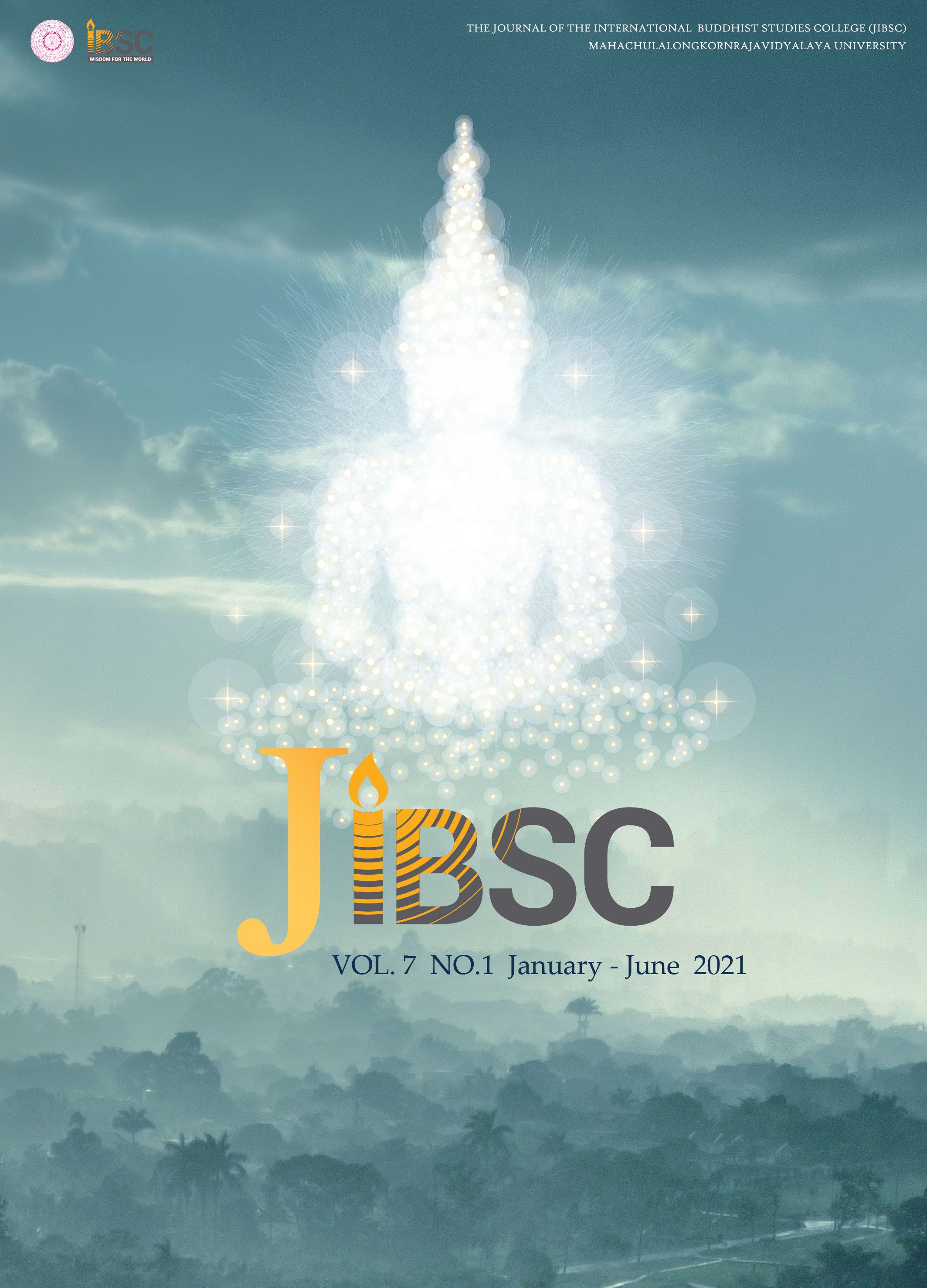Euthanasia: The Buddhist Hermeneutics in the 21st Century
Main Article Content
Abstract
The objective of this article is to apply Buddhist teachings to solve a controversial issue that is euthanasia. It is Mercy killing by a doctor which is divided into three forms of it. However, all forms are wrong according to the 1st precept in the way of Buddhism. This is an important issue in the 21st century. The study of this case uses Buddhist hermeneutics as theories of Interpretation by Intention to explain criteria and the factors of killing. It discusses the case of a doctor that helps a patient to die in peace by injecting some drugs or taking breathing apparatus away.
The results of the study show that Buddhists has a theoretical element what is right or wrong depends on Karma. This is divided into two kinds of Karma which is based on intentional actions through action, speech, and think. Intentions have two aspects which is good and bad. If there are wholesome intentional actions, there are good Karmas. If there are unwholesome intentional actions, there are bad Karmas. There by, Karma and intention of Buddhists are not separated. When Buddhists explain on actions of human beings, especially in the case of euthanasia it is wrong because it consists of unwholesome intentional action. There is the Buddhist hermeneutical theory to interpret the issue in the 21st century.
Article Details
The Journal of TCI is licensed under a Creative Commons Attribution-NonCommercial-NoDerivatives 4.0 International (CC BY-NC-ND 4.0) licence unless otherwise stated. Please read our Policies page for more information on Open Access, copyright and permissions.


